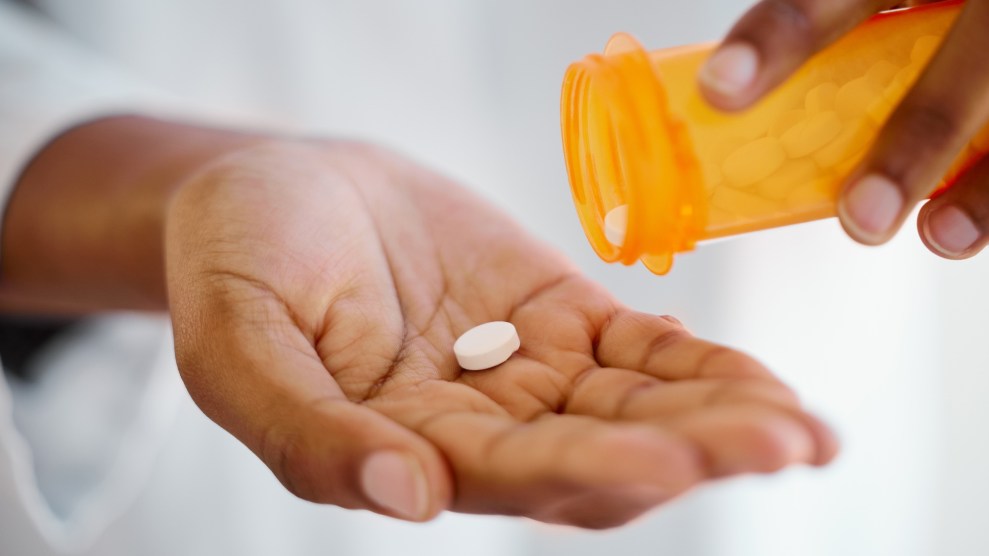
PeopleImages/iStock/Getty
The Food and Drug Administration has approved the first pill specifically designed to treat postpartum depression, a common condition affecting mothers that can make it harder to bond with a new baby by causing severe despair, anxiety, shame, panic attacks, and suicidal thoughts.
The drug, Zurzuvae, is designed to be taken once a day for two weeks after pregnancy—a much shorter period than currently deployed treatments, such as antidepressants or talk therapy, that are not specific to postpartum depression. Federal health officials said they hope the pill will encourage more new mothers to seek help for the condition, which affects an estimated 400,000 people annually. Left untreated, symptoms may go away on their own within weeks but can sometimes linger for months or even years.
The only other medication designed specifically for postpartum depression isn’t a pill and is difficult to get—it requires a 60-hour IV infusion at a hospital, can cause a loss of consciousness, and costs $34,000.
“Having access to an oral medication will be a beneficial option for many of these women coping with extreme, and sometimes life-threatening, feelings,” said Dr. Tiffany Farchione, the leader of the FDA division that approved the pill, in a Friday statement.
Zurzuvae was developed by Sage Therapeutics, the same company behind the IV treatment, and is produced in partnership with the firm Biogen. It is expected to be available after a 90-day review by the Drug Enforcement Administration, though the companies have not revealed how much it will cost.
Unlike many antidepressants that target the brain’s serotonin levels, Zurzuvae mimics a derivative of progesterone, a hormone that’s produced in higher levels during pregnancy, but which drops drastically after childbirth. In two company-funded clinical trials that together involved 350 patients, most of those given the pill saw significant improvement, some in just three days. Within 15 days, many of them were considered to be in remission from their postpartum depression. The benefits lasted through the 45-day trials.
To assess the drug’s long-term efficacy and impact, researchers are recommending studies over a greater period of time. The FDA has also warned that the pill may cause side effects including drowsiness or dizziness—and even suicidal thoughts.
Still, health experts are optimistic that the wider availability of the pill, and the fact that the drug’s pathway addresses measurable hormonal changes that lead to postpartum depression, will reduce stigma around the condition.
“It gives the understanding that there is a biological reason for what you’re feeling right now,” Wendy Davis, executive director of the nonprofit Postpartum Support International, told the New York Times. “It is not your fault.”













